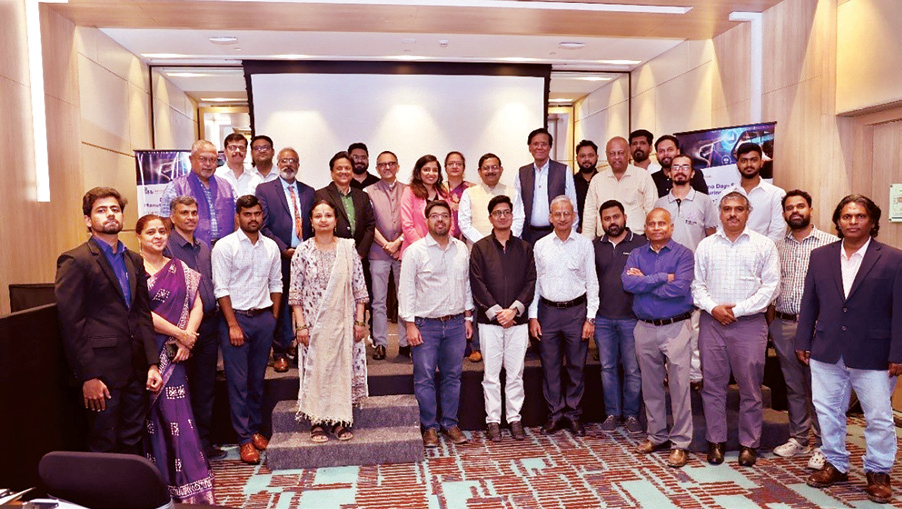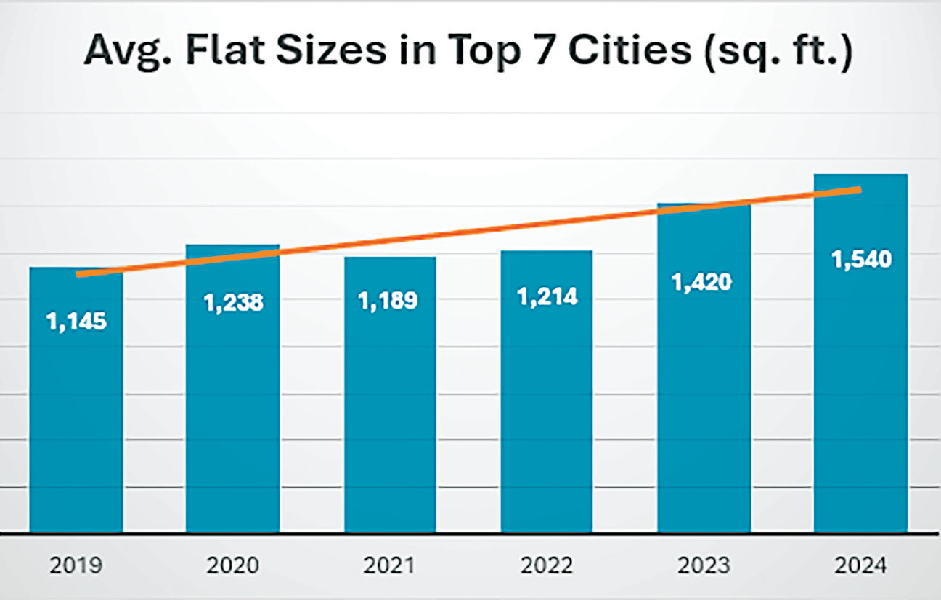
Global climate crisis: Mothers seek urgent action to create liveable future for their children
Press Trust of India
New Delhi: Mothers in several countries, including India, staged protests on Saturday under the banner of 'Mothers' Rebellion for Climate Justice' to draw stakeholders' attention to the climate crisis and air pollution. Sitting in circles, they held placards bearing the names of their children and slogans calling for urgent action to combat climate change to create a liveable future for their kids.
The movement was founded in the UK in 2019 and has since spread to other countries. It emphasises the importance of climate justice, which disproportionately affects low-income communities and those of colour throughout the world, the people and places least responsible for the climate emergency. According to a study published in 'The Lancet Planetary Health' journal, abnormal temperatures caused by accelerating climate change lead to five million deaths worldwide per year.
Another study published in 'The Lancet' in 2018 estimated that climate change could cause an additional 2,50,000 deaths per year between 2030 and 2050, mainly due to the increased burden of malnutrition, malaria and heat-related events. Bhavreen Kandhari, the founder of Warrior Moms, a pan-India initiative of mothers fighting air pollution and other environmental issues said "we can and must respond to air pollution and climate change now.
Everyday people not politicians will make it happen," she added. Caroline Alupo from Uganda said countries that have contributed the least to climate change are facing the worst consequences, including droughts and floods. She cited the example of East Africa where a severe drought last year led to the deaths of many people and livestock. "I feel heartbroken to see innocent children suffer due to a problem they did not cause. As a mother, I find participating in efforts to create a safer planet for children fulfilling," she said.
Denise from Berlin said Germany, as a country in the Global North, has a special responsibility for mitigating the effects of climate change. Precious from Zambia emphasised the importance of financial support to address the climate emergency, especially for vulnerable and low-income populations. She called for international financial institutions to adopt reforms that empower the most vulnerable and alleviate poverty. She urged for an end to financial colonialism and appealed to the global northern countries to cancel Zambia's debt to support climate resilience.
At COP15 in Copenhagen in 2009, developed countries committed to jointly mobilise USD 100 billion per year by 2020 to help developing countries tackle the effects of climate change. Rich countries, however, have repeatedly failed in delivering this finance. Developing countries, including India, have been pushing rich countries to agree to a new global climate finance target -- also known as the new collective quantified goal on climate finance (NCQG) which, they say, should be in the trillions as the costs of addressing and adapting to climate change have grown.
India has maintained that the developed countries, historically responsible for most of the carbon emissions, must take the lead in raising ambitions as the bulk of finance and technology is available with them. In Delhi, India's capital, Harmit Masand joined the demonstration in Sarita Vihar close to the Okhla wasteto-energy plant. She said the plant poses a serious health risk to the local community, especially the children and the elderly.
"Despite repeated protests and complaints from the local community, the government is planning to expand the plant. This is heartbreaking, and I have joined the Mothers' Rebellion demonstration to remind the politicians that they are parents and grandparents too," Masand said.
 English daily published in Bengaluru & Doha
English daily published in Bengaluru & Doha






